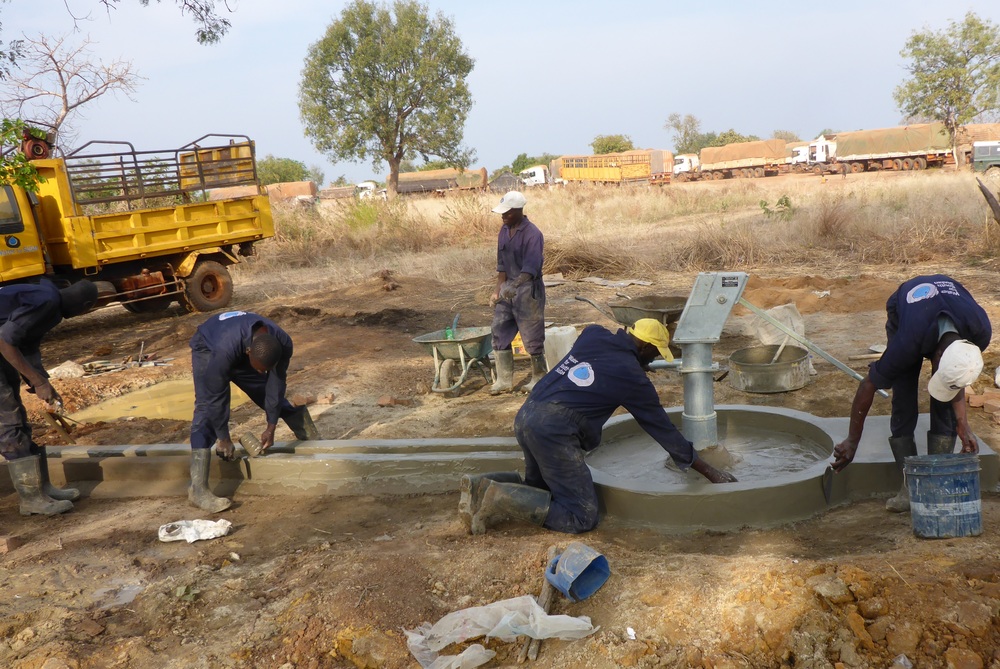CARE international-Switzerland (CIS) is set to provide clean and safe water in CARE international to provide clean water in South Sudan in three localities. About 89,000 refugees, displaced people and their host communities in East Africa will benefit.
According to a report from the UN Office for the Coordination of Humanitarian Affairs (OCHA), 11 water yards are scheduled to be rehabilitated by the CIS in Assalaya, Yassin, and Bahr El Arab localities.
The projects is being funded by the Directorate-General for European Civil Protection and Humanitarian Aid Operations (ECHO), the Office of US Foreign Disaster Assistance (OFDA), and the UN Central Emergency Response Fund (CERF)
The water needs for 46,000 people in the Assalaya locality living in the Umgreigo, Elijam, Umsaeeda, Esheiraya, and El Nimir refugee camps will be provided with six water yards.
The El Nimir refugee camp will then host the refugees from South Sudan who are currently staying in Raja old camp, capital of East Darfur near Ed Daein and El Ferdous.
The rehabilitated water pumps are set to benefit both the refugees and the host communities. The four already rehabilitated water yards in Um Biom, Selaia’a, and Kilakil are expected to benefit 30,000 displaced and host communities.
The CIS has been trucking water to Raja old camp since September 2016 which serves an estimated 4,000 South Sudanese refugees. Until the refugees are relocated to the El Nimir refugee camp, the organization will continue to provide water to Raja old camp.
13,ooo refugees and the host community members in the Kario refugee camp in the Bahr El Arab locality will benefit from the rehabilitated water yards. Water is currently being trucked daily to Kario by the Water and Sanitation Department with support from Unicef.
The project is set to minimize the water problems facing Africa. According to a survey conducted by Sudan Multiple Indicator Cluster Survey (MICS), a 45.1% of the households in East Darfur have access to improved water sources when compared with those in Sudan which stands at 68.1%.
